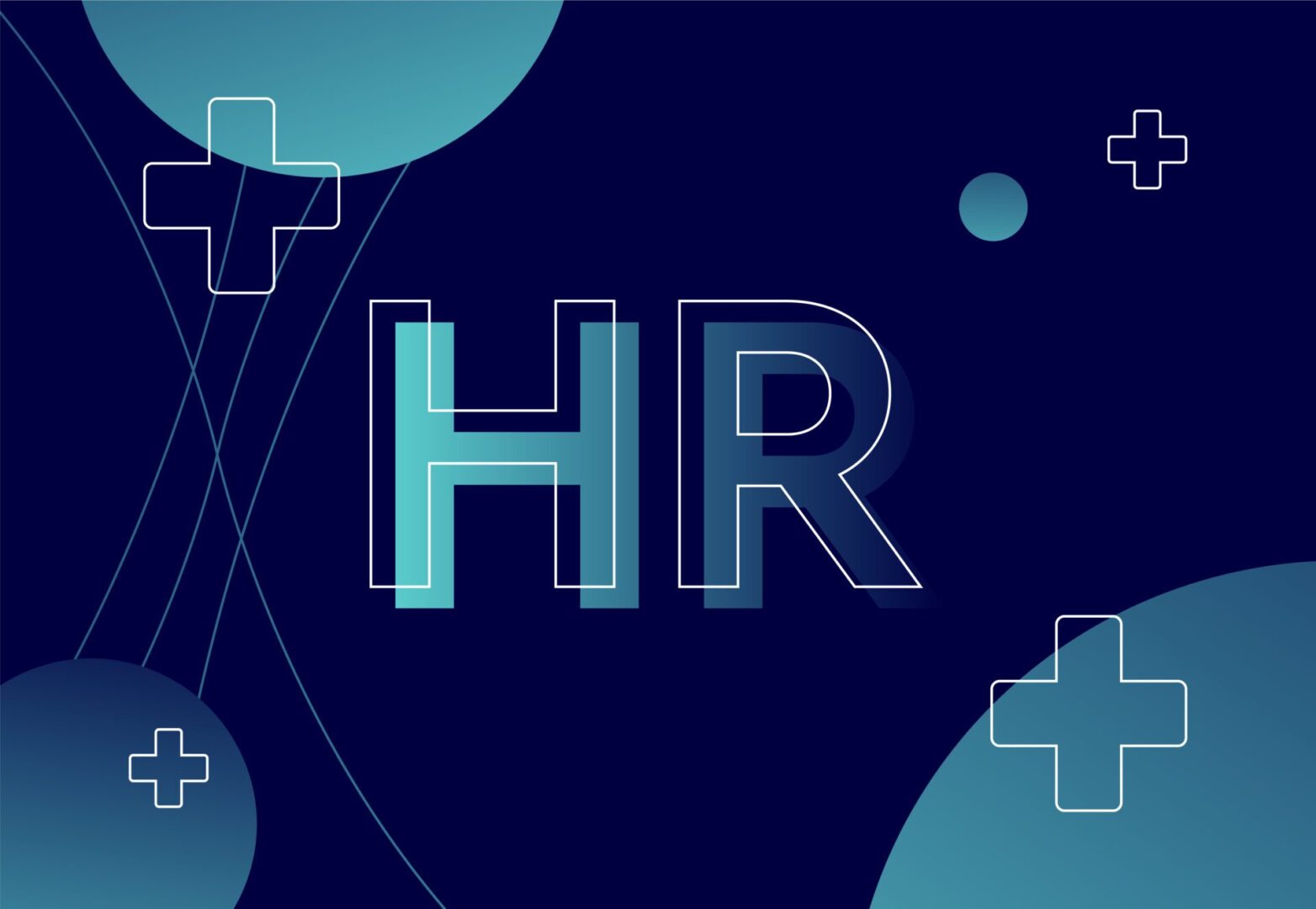HR plays an extremely important role in the workplace, including creating a positive work environment, recruitment, talent retention, and keeping on top of conflict management.
The HR landscape has been, and continues to evolve, at an ever-increasing rate. The need for a better work-life balance, the release of new technologies, economic uncertainty, and demographic inclusion, are all factors that affect the approach HR takes daily.
HR professionals have a better understanding of the UK workforce than any other industry, so let’s take a look at some very interesting HR and workforce stats!
The HR industry

- The general workforce has grown by 10% in the last decade, whereas this is 42% for HR professionals
- For every 100 employees there are on average 1.54 HR professionals
- Revenue is boosted by x4 on average when there is a well-functioning HR role present
- 78% of HR professionals are in the private sector compared to 22% in the public sector
- Gender diversity in HR is 76% female and 24% male
- 98% of HR staff say that they have experienced burnout, with 94% having felt overwhelmed in the past 6 months.
- Over two-thirds of HR professionals state they would like a new challenge and would venture into a new profession.
- There are over 3000 live vacancies for HR professionals on Indeed
The UK workforce as told by HR

- 65% of employees would rather tolerate lower pay than a bad work environment
- 79% of the workforce support pay transparency in job listings
- The average UK worker stays in a job for 4.5 years
- Flexible working is the most desired job benefit followed by job security and a competitive salary
- Business is on average 21% more profitable when the workforce is highly engaged
- The average work week is 1.83 hours longer than it was in December 2022
- 94% of employees are actively choosing and leaving jobs based on career progression opportunities and skill development.
- Companies using pay programmes see on average 1.4 times higher productivity rates
- Poor employee mental health costs UK businesses £56 billion per year
- Every £1 invested into employee mental health services sees £5.30 returned due to improvements in staff retention and performance
- Company engagement and revenue increase by 20% if there is an equality diversity and inclusion strategy in place.
- 47% of UK companies don’t have a ED&I strategy
(Sources: Lets talk talent, Beyond HR, Guider, Linkedin Learning)
If you’d like to learn more about how we use data here at Embryo to inform our successful marketing strategies, then get in touch today!













